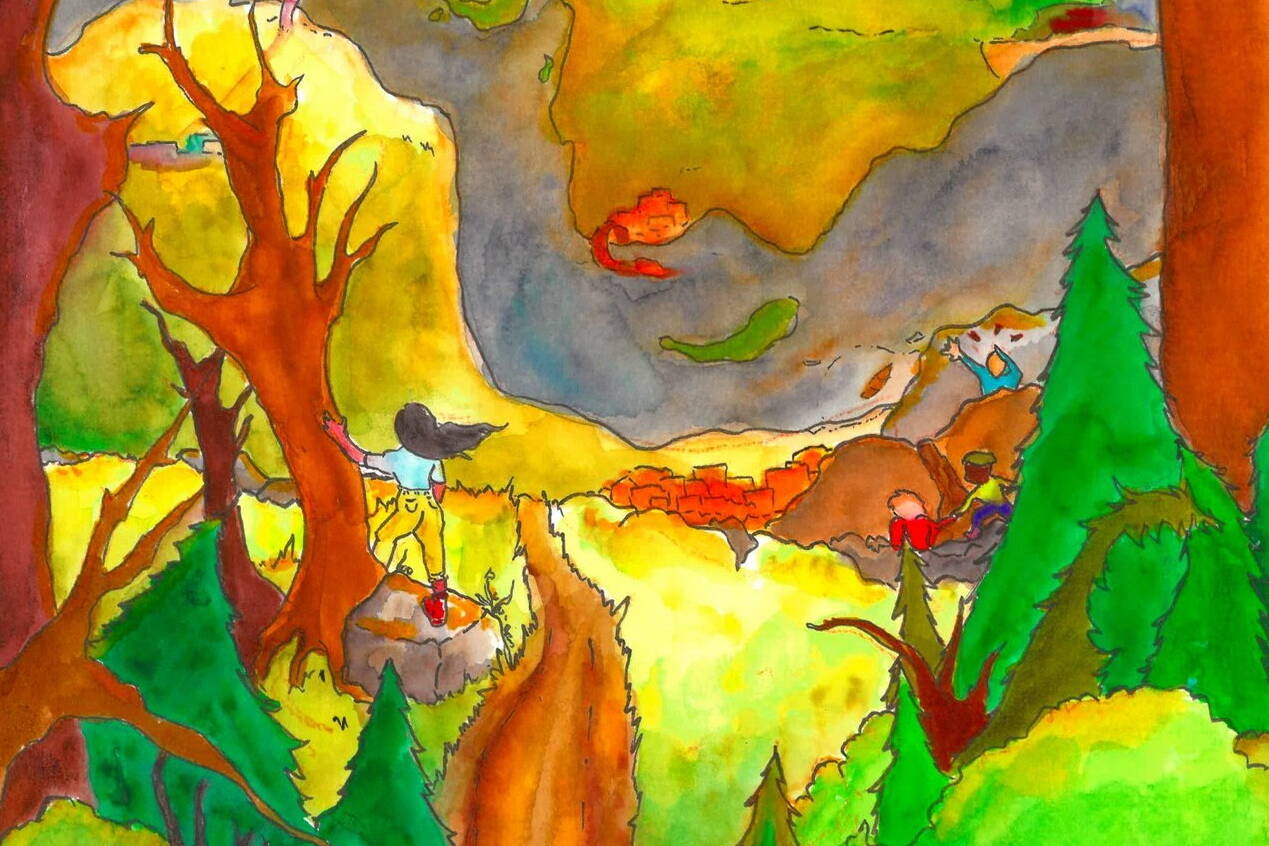After two weeks of harrowing negotiations at the COP28 summit in Dubai, world leaders and oil giants decamped after agreeing to transition away from fossil fuels. Now, the real work begins to move the world off of fossil fuels, which is easier said than done as it has been widely reported that the U.S. has produced record amounts of oil and gas this year despite pleas from climate advocates.
As the world experiences this unparalleled moment of ecological crises, two competing visions for Alaska’s response are playing out in public discourse.
The “status quo” response would have us continue our dependence on a boom-and-bust extractive economy that benefits outside corporations at the expense of Alaskans and the state’s air, waters, lands, fisheries and wildlife. An alternative “just transition” response envisions a regenerative economy that reshapes social and environmental justice, enhances local community self-determination, reduces climate-wrecking emissions and is based on the understanding that Indigenous ways of knowing are the foundation of a sustainable future.
A new report from the Alaska Climate Alliance, “Learning to Thrive: Alaska’s next economy in a warming world,” lays out an achievable vision for a prosperous economy beyond oil and gas and outlines actionable steps our policymakers should take to begin the urgently needed transition away from reliance on fossil fuels. It calls on legislators in Alaska to promote policies that will allow our state to grow in the metrics that matter: human welfare, health, happiness, and community stability. Together we can build a more resilient and robust economy to ensure that all Alaskans can thrive and prosper into the future.
An Alaska that depends less on oil and gas does not necessarily mean a less prosperous one. Regenerative economies build community wealth in ways that improve ecological and social well-being. They create long-term, meaningful jobs that sustain our communities, lands, and waters, and promote high-quality ways of life. This economic system is not new; for millennia Alaska Native traditional values and practices have focused on well-being, cultural continuity, and a holistic, integrated worldview — values that can strengthen our next economy and provide the foundation for the Alaska livelihoods and lifestyles we love.
Alaska is on the front lines of climate impacts, warming two to three times faster than the global average. Recognizing these unprecedented environmental changes, Alaskans have an opportunity to re-envision and achieve a regenerative economy that provides greater benefits and security.
“Learning to Thrive” outlines ways to achieve a regenerative economy in Alaska. We invite Alaskans to engage our leaders in support of actions that will enhance and build regenerative economies and lessen our reliance on fossil fuels. “Learning to Thrive” is meant not only as a guide for action, but also as an example of what a just transition can look like where no one is left behind. See the report at www.aknexteconomy.com.
• Eleanor Gagnon is the Economic Vision Fellow with the Alaska Just Transition Collective based in Fairbanks. Kay Brown is Arctic Policy Director for Pacific Environment, based in Anchorage; she is a former state representative and former director of Oil and Gas for the state of Alaska.

